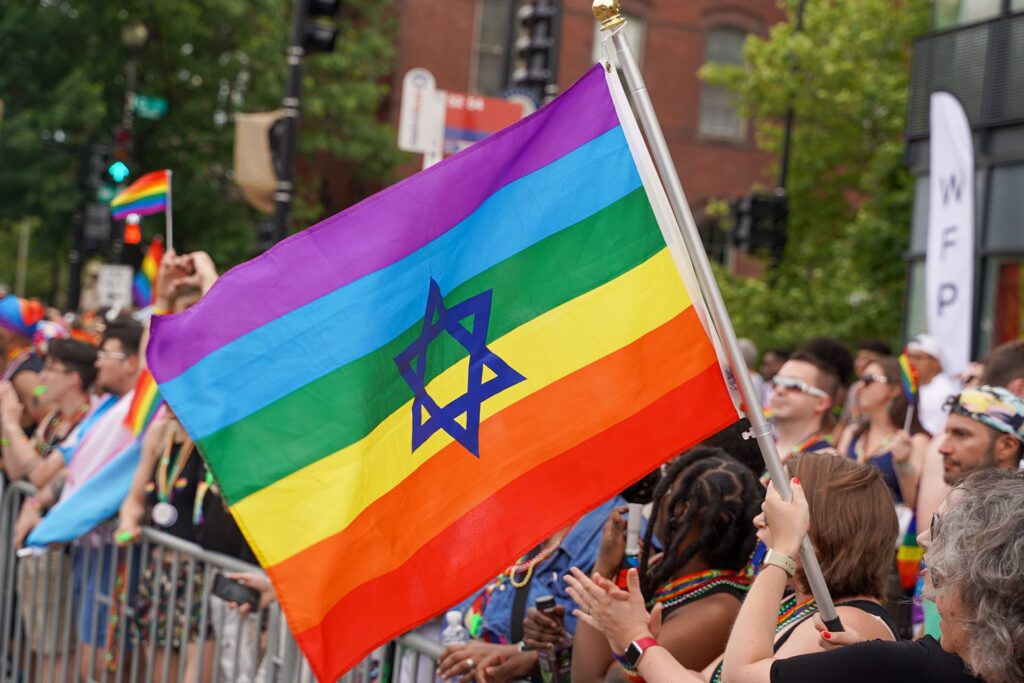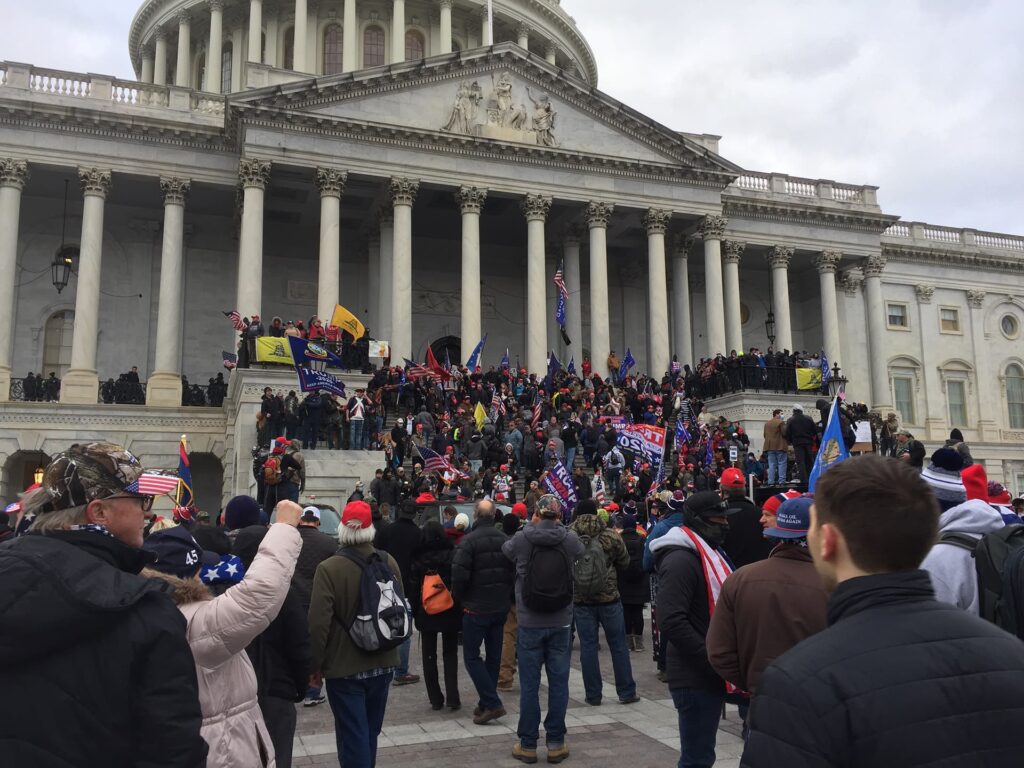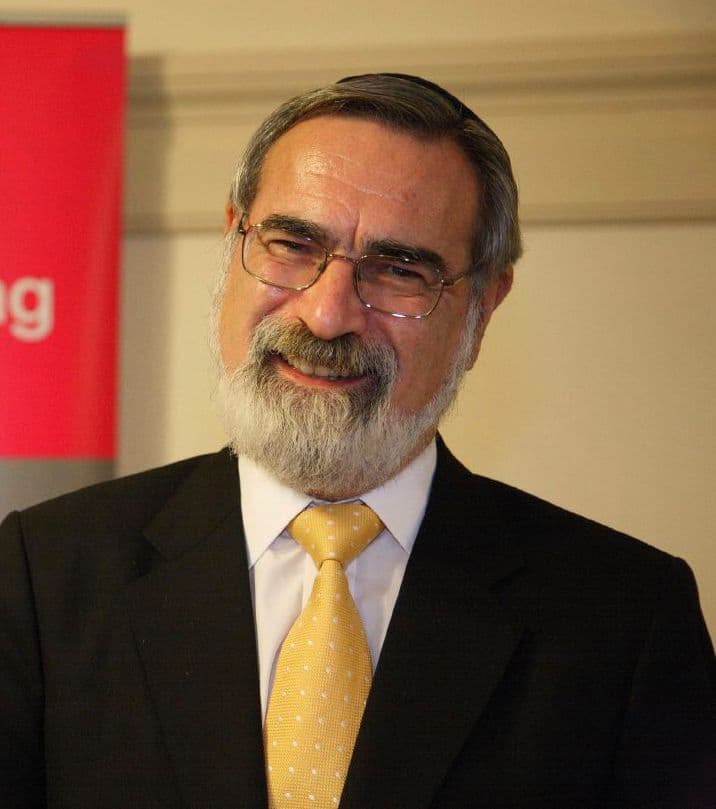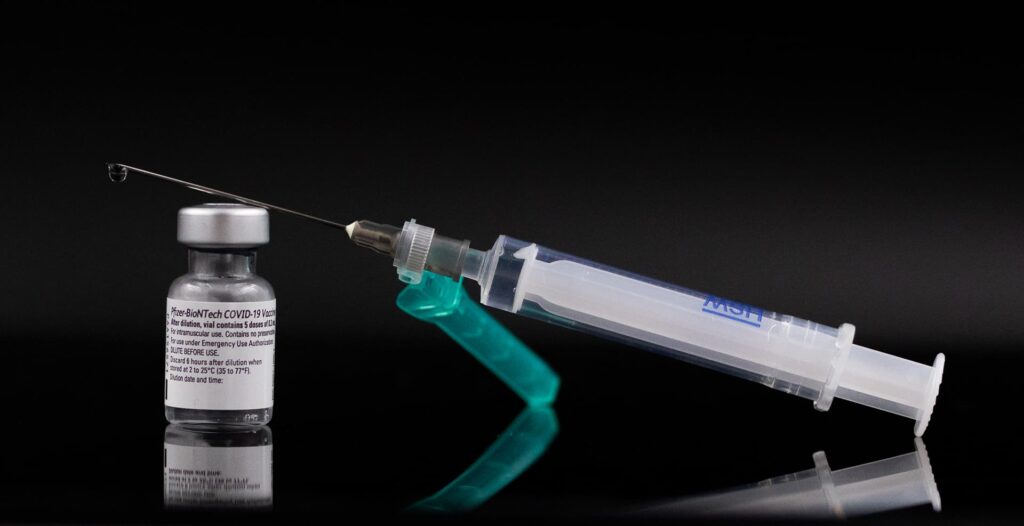The pandemic has been emblematic of the human experience. Some people are thriving, others are confronting stresses, and some are completely traumatized. One’s circumstances, of course, can either impede or enhance, the emotional state and capacity to cope.
Like everyone else, I’ve been affected by the entire world shutting down. I see clients over Zoom, and, while in the past, I could claim to see inside to a patient’s soul, this year, I’ve been inside their living rooms. I haven’t seen my son in a year and a half, but over Zoom from a very safe distance have watched his hair and beard get longer.
I’m aware that my situation isn’t dire. I am one of the fortunate ones. One of my friends has five children and is home schooling, the youngsters have to share computers because there aren’t enough to go around, and the parents have to juggle working full time, and trying to help the kids navigate their online education.
Then there are my single friends with no children. Whether this was a life choice or not, the pandemic has exacerbated their sense of aloneness.
From my own clinical practice that includes Holocaust survivors and descendants, the initial reaction of most Holocaust survivors and their families was “this is not a Holocaust.” Of course, there were those with babies who immediately escaped from the city to a rural area. A few stocked up on food, paper goods, and toiletries. Some aged survivors who were independent did not find it emotionally challenging to cope with the isolation, while others became more depressed and despondent about their end of life.
Psychologically, a depressed state of being was lifted for Holocaust survivors when Holocaust organizations, such as the Blue Card, provided additional personal help. It was as if, like in western movies, the wagons had circled around the camp to protect the vulnerable. The organizations called and asked if they needed paper goods and food. They got to order foods they liked, and volunteers delivered it to their door. Soon after other organizations started delivering food to survivors and the needy, as well.
Another vehicle of reaching out to Holocaust survivors were young volunteers who wanted to be in touch with survivors who are living alone. While the survivors appreciated the sentiment, some of them wanted to be assured that their past ordeals don’t have to be part of the conversation. Holocaust survivors want others to relate to them as human beings and not just victims of the Holocaust.
One survivor, who insisted that the pandemic was not the Holocaust, nevertheless, she was triggered with associations related to escaping and hiding during the Holocaust, which were dormant all these years. When she became dizzy after the second vaccine, she recalled, “When my mother, with whom I survived, had fainting spells in hiding, I was afraid she was dying, and I said to her, ’Don’t die now, I need you.’ As a 6 year-old child she became her mother’s rescuer.
One second generation person of survivors said,” I thrived during Covid. My entire life was prepared for a catastrophe. I have a suitcase ready to go and money stashed away.” He has found anti-maskers online, updates them about the science and explains it in a language they will understand, and warns them of the ramifications. He has come to understand the psychology behind the anti-maskers. They are afraid of their own mortality. If they do not wear a mask it means to them that the virus is not going to kill them. The mask has become a symbol of immortality.
As a Jew, because he is not affiliated with the Jewish community, his Holocaust family background has accentuated the threat of antisemitism and the ramifications of racism.
The book of Genesis – the creation narrative — teaches us that it is not good for man to be alone. Our Jewish leaders understood this well, and started to meet with each other to brainstorm about how to build community and support in time of physical isolation.

The community leaders were protecting what was most important – to be connected with others. Because, though we pride ourselves on being individuals, we Jews belong to a people, to a tribe, to a history beyond ourselves, and in times of crisis, it becomes startlingly clear how important that is.
Belonging to a community, even a virtual community, is what we have to teach others who are coping with the pandemic, whether they are adapting well, or are stressed, or traumatized.
Virtual events have become a life line. Cultural, intellectual, spiritual, religious, physical exercise programs, and even some galas that used to cost money to attend, were offered free of charge by many institutions. The organized Jewish community met the needs of people not only financially, but provided a spiritual outlet, cultural, and intellectual stimulation.
Synagogues and Jewish schools worked to enable rituals of the Jewish life cycle of birth, baby namings, bar and bat mitzva ceremonies, weddings, burials and shivas to be performed via zoom. Acknowledging these life – cycle events is ultimately what is important – that life, and all of the touchstones of life – goes on. Those who hesitated to have a shiva on zoom found it very comforting to know that they are not mourning alone. Just as in a normal year, there hasn’t been a week that I haven’t had some Jewish ritual to attend. I personally had to set up a shiva and a shloshim for a dear Holocaust survivor, Dasha Rittenberg who died at the age of 95. The family and all who knew her appreciated the opportunity to be able to mourn her together.
The daily, weekly, and annual Jewish cycle continued to be observed in new forms, on zoom, outdoors, and more recently, minimal indoor gatherings. The New York Federation held pre-Sabbath learning sessions taught by rabbis of all denominations over the spring and summer. During the Black Lives demonstrations, the Federation set up a platform for Jews and Blacks to hear each other’s life narrative. Last week the Federation held a zoom mourning and healing service. Synagogues started holding kabbalat shabbat and havdala services. Saturday morning services on zoom have been a major spiritual outlet country wide. New Yorkers were able to get a taste of California and vice versa. Weekly morning, afternoon and evening services are held not just in Orthodox services. After the Morning service at B’Nai Jeshurun In NY people can stay and chat. Those living alone feel a reduced sense of isolation when they have a chance to share regularly with others. My own minyan offered a daily check in at noon to check on those who seemed to need extra support. The rabbi at the Jewish Center sent out a daily email.
All who have been traumatized, whether Holocaust survivors or others, will not suffer from acute symptoms of PTSD. It is estimated that 30 per cent of those whom this pandemic has been traumatic will be more challenged than others. Future circumstances and therapy can help mitigate PTSD. A woman who has been abused by an alcoholic or drug addicted partner who could not leave during the pandemic can improve her situation by going and taking her children to a battered women’s shelter. An unemployed person may seek counsel and avail himself of new vocational training. Those in mourning or suffering survivor guilt need to seek out others for emotional support. Those who became traumatized because they were physically ill and realized they are all alone need to challenge themselves to seek a community for belonging.
After WWII liberation, the vulnerable children who thrived were those who lived in the displaced persons camps with other children or in orphanages or Kibbutizim in Israel. Being together socially, going to school, celebrating Jewish holidays gave them back a sense of normalcy. Among us in this pandemic are the children who had to go to sleep hungry because there was was little to eat, or children who observed physical or emotional abuse of a parent, a sibling or were themselves the victims. When schools resume in person the setting needs to provide more than just didactic material. Funds should be allocated for afternoon school programs for children to play and do homework together until parents come home from work rather than return home to empty houses.
Some children and adults were traumatized by watching incessant television coverage of the vandalism and looting of stores during the summer, and the violent take over of the Capital on January 6. Those indelible images have evoked emotional vulnerability which is affecting sleep, concentration, and social interaction. For Jews, and particularly Holocaust survivors, the most horrifying image was the long-haired, long-bearded man wearing a black “Camp Auschwitz” T-shirt emblazoned with a skull and crossbones, and under it the phrase “work brings freedom” – an English translation of the Auschwitz concentration camp motto: “Arbeit macht frei.” Another T-shirt worn by the Proud Boys in December stated, 6MWE, meaning Six Million Wasn’t Enough. The last few years have shaken up the security that survivors enjoyed after being persecuted in German occupied countries.

Some members of Hassidic communities were traumatized by being put into a position of moral dilemma, it is right to obey the community leader and it is right to obey a scientific authority. The communities are formed around a religious leader, an authority figure. During the pandemic some rabbis have had their own agendas, and therefore, undermined the science which focused on the threat of Covid-19. Rabbis persuaded their flock that God planted this Covid for a reason. Some rabbis feared that if children have too much time on their hands they will “go of the derech.” In the aftermath of Covid, there will be members in the various Hassidic sects that will leave the community because they experienced losses that they feel could have been prevented, and they have lost faith in their leader.
The pandemic is not over, but the millions that are mourning need to feel that they are not alone. On February 22, 2021 President Biden held a commemoration for the half a million Americans who died of Covid-19. The millions of Americans grieving their loved ones were given an opportunity to feel less isolated. Their pain, the survivor guilt they carry, their emptiness were validated. Validation is the first step towards healing.
The communal commemorations that started in the mid-sixties for Holocaust victims do not bring back the dead. But it is reassuring to Holocaust survivors and their families that others care to remember, and hence they are part of a community.
The New York Federation understood this as well and held a healing and mourning event on March 2 which included Jews and non-Jews alike. The Rabbinical Assembly of the Conservative movement held a commemoration for their members who died of Covid.
Validation can come in other forms as well. I am speaking about the financial stimulus package for those who have been traumatized by not being able to feed and shelter their families.
What I most learned from my work with Holocaust survivors and their descendants is that if one has a meaningful purposeful life, PTSD symptoms will not be acute, but rather appear when triggered.

The late Rabbi Jonathan Sacks said that a meaningful life is one that “responds.” He wrote that “the best way to cure a victim is to help him cease to think of himself as a victim. Victims want the world to change, forgetting that it maybe they who have to change.” Change will come if each of us assumes the responsibility of committing small acts of kindness for others. Calling someone to inquire about his or her well-being is not only good for the recipient, but also for the doer, to feel a sense of meaning.
Bessel Van Der Kolk, a leading scholar on trauma, noted in his classic book The Body Keeps the Score, “Most great instigators of social change have intimate knowledge of trauma.” He mentions Nelson Mandela, Elie Wiesel among others.
And so, the most traumatized individuals of Covid-19, the long-term unemployed, the hungry and homeless children, victims trapped in domestic abuse and the children who were exposed to such fearful dynamics, people who suffered numerous family losses to the virus, and the first responders who were helpless to save lives will emerge over time, with insight, and passion, to make a difference in the world.
The Jewish calendar is a template for the cycle of our year. Hanukkah was a turning point of hope. We have all been battling forces beyond ourselves and after Hanukkah, it really felt that there was light in the darkness., with our modern day miracle, the vaccine.

For many of us Jews, myself included, the holiday of Purim, which we just celebrated, marked the beginning of the pandemic a year ago. It was the last time I went to synagogue on shabbat.
Now Purim marks the fact that the end is in sight. Purim is symbolic of an upside down time, we are wearing masks and costumes. Like Esther who hid who she was, we too are hidden behind our masks. We are wearing metaphorical as well as physical masks. Who did we become behind the mask during the pandemic? Are you the person who became the helper? Are you the one who became an alcoholic? Are you the one who is pretending to be the writer? Are you the one who has become a synagogue hopper? Are you the one who became a mourner? Are you the one who became the unemployed who couldn’t support your family? Are you the one who was afraid to get into an intimate relationship and the pandemic gave you a good excuse to avoid your problem? Are you the one who did not have to ask who you are, and the pandemic has challenged you to face yourself? Are you the one who became the vaccination angel and got a vaccine appointment for the elderly and vulnerable? Are you the one who coped well during the pandemic because you learned how to adapt to extreme unexpected situations and are now teaching those around you how to adapt because they have led a golden life?
The Bible asks, “Who are you?” more than 20 times whether it’s the Biblical characters asking one another who they are, asking God who He is or the opposite. The pandemic, without putting it into words, is silently insisting we answer that question.
Eva Fogelman. Trauma, the Jewish Experience, and Lessons for Post-Covid Mental Health. 8 Mar 2021. Zoom Panel with Rachel Yehuda, Eva Fogelman, Danny Brom. Morton E. Ruderman Memorial Lecture. Northeastern University.
See also: